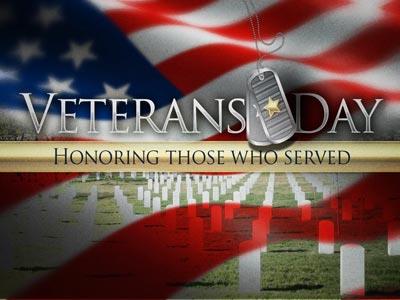-
Bringing The Paralytic To Christ: A Witness To Compassion, Faith, Courage
Contributed by Philip Gill on Nov 28, 2017 (message contributor)
Summary: We pray for a peaceful resolution to the tensions between the US and Iraq and support those working towards that end, but we must consider that for the longer term, military action could be the most compassionate, faithful and courageous response.
Bringing the Paralytic to Christ: a witness to compassion, faith and courage
Then some people came, bringing to him a paralysed man, carried by four of them. And when they could not bring him to Jesus because of the crowd, they removed the roof above him; and after having dug through it, they let down the mat on which the paralytic lay.
Mark 2.3-4
We read in our Gospel this morning that ‘some people’ bring a paralysed man to Jesus. For some reason I had always assumed that these men were his friends. Perhaps they were, but we get no indication of that from the text. Just some people, just a paralysed man, just four of them carrying him. The relationship between them is unsure. We might like to read in some romantic notion of friendship but we can’t assume it from the text. The relationship between the bearers and the man is not important to the Gospel writer. They disappear from the story after the man lands safely at Jesus’ feet. I think that’s a shame I would certainly like to know whether they were hired hands, slaves, friends or family. Still what ever the relationship their action showed great compassion.
Jesus sees the action of these people as an act of faith. "Seeing their faith," the Gospel says. The bringing of the man to Jesus was an act of intercession. There are other instances in the Gospels where intercessors are attributed with faith that brings about healing - the Syro-Phoenician woman who pesters Jesus for the healing of her daughter, and the Roman centurion who seeks Jesus out for the healing of a servant are but two examples. Here compassion and faith come together.
And Jesus, knowing that the eyes of his enemies were upon him, risked the most cutting accusation of all, that of blasphemy, in order that the crippled man should be well and that those around be confronted with the healing as a sign of Jesus intimate relationship with God. Jesus action has great courage.
As Christians we can not just sit back and listen to stories of such compassion, faith and courage without looking inward to see how we can they apply them to our lives. Under the grace of God, and in the power of the spirit, we are charged with allowing these qualities to come to life in our times, in our lives, in our relationships and in the challenges that face us together as a nation. Our response to the life and teachings of our Lord is highlighted as we stand on the brink of military action against the regime of Saddam Hussein. I suggest that our compassion, faith and courage draw us to always challenge the notion that war will fix things. It never seems to, but we can never shrink from military action if there is no other option.
The Church has long held the possibility of just war. Usually this would be launched if one country threatened another with direct military action or all out invasion. Our situation is quite different. At least it appears that way to me. I want to explore this a bit further this morning. As I begin I am reminded of a recent scene from the news where the Prime Minister of Australia shaking hands with one of our bishops at a church door. He had presumably just sat through a sermon against any action in Iraq. The Prime Minister assured the bishop that he is giving the utmost serious consideration to what our involvement might be and would never take such a responsibility lightly. It seems too easy to condemn those who must make such difficult decisions and yet how do any of us contribute to the debate in a constructive way? How do we respond in good conscience to the challenges set before us? How can we move beyond any tendency toward apathy, mistrust, and fear to live in the light of God’s compassion, faith and courage?
To act compassionately does not mean shying away from conflict. Peace is much more than just the absence of open conflict. Some times military action is the only way to act with compassion. There is a cost for such action - no one doubts that. The fear is that the cost will out weight the benefits. It is hard to talk of compassion as though it can be dealt out in amounts and weighed on scales but such judgements must be made.
At the end of the Gulf war in 1991 the international community demanded that Iraq disarm. UN resolution 1441 (passed last year) required that Iraq declare its weapons of mass destruction (WMD’s) and offer unconditional co-operation with weapon’s inspectors.
www.theaustralian.news.com.au/printpage/0,5942,6008093,00.html
Apparently neither requirement has been met.
Ensuring Iraq’s compliance with Resolution 1441 would send a signal to other groups and nations that the world community stands against the production of weapons of mass destruction. Those contemplating inhumane treatment of others would at least be made to think twice. Perhaps that is the best we can hope for but imagine if we could make it work! An international community prepared to act for the protection of its citizens in any part of the globe. An international community driven by the ideal that we are, at essence, not individuals, or families or tribes or nations, but beings connected to each other by our common humanity. It is not compassionate to stand by while weapons of mass destruction are being stored for use on others at a later date.

 Sermon Central
Sermon Central



